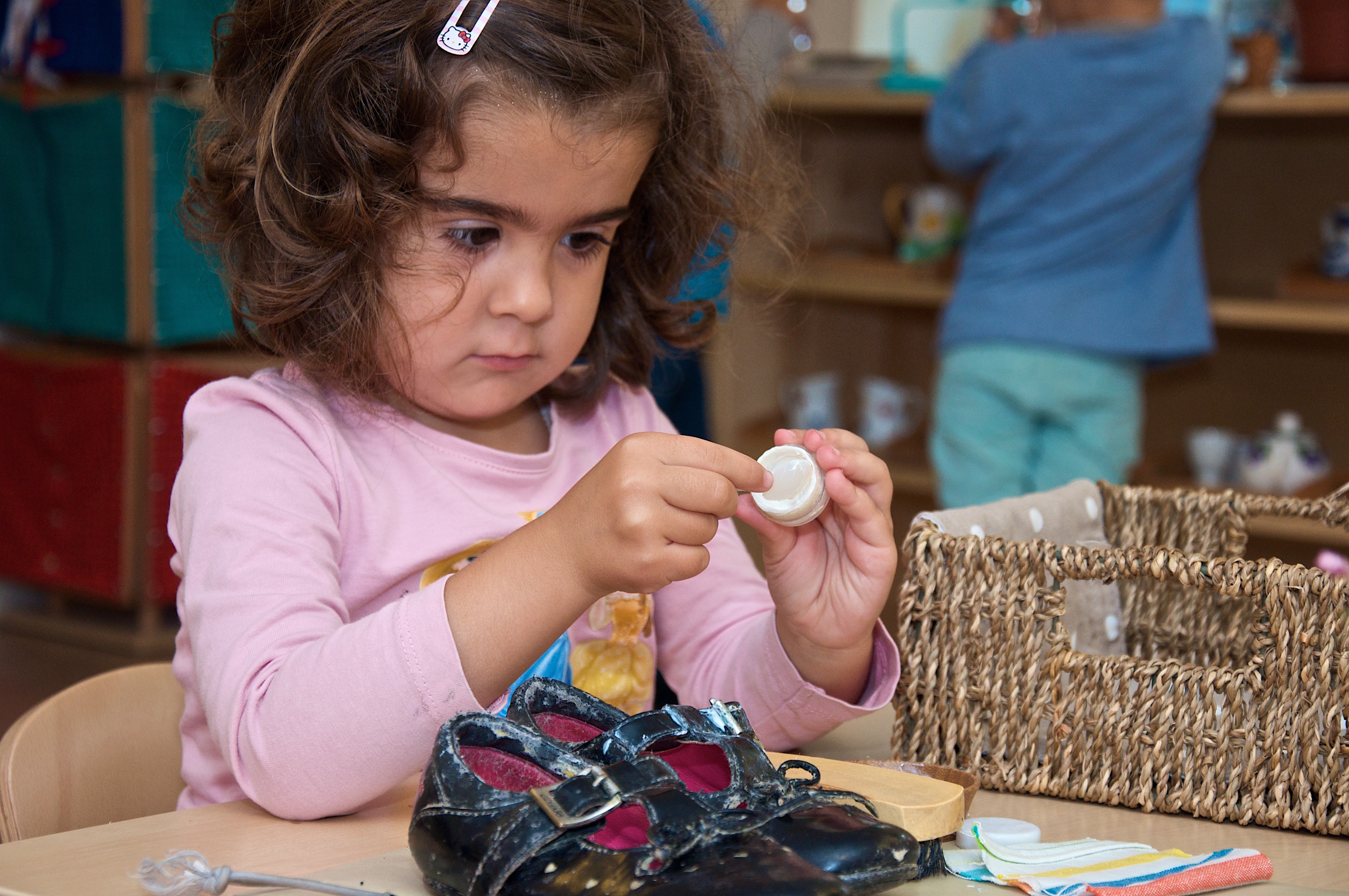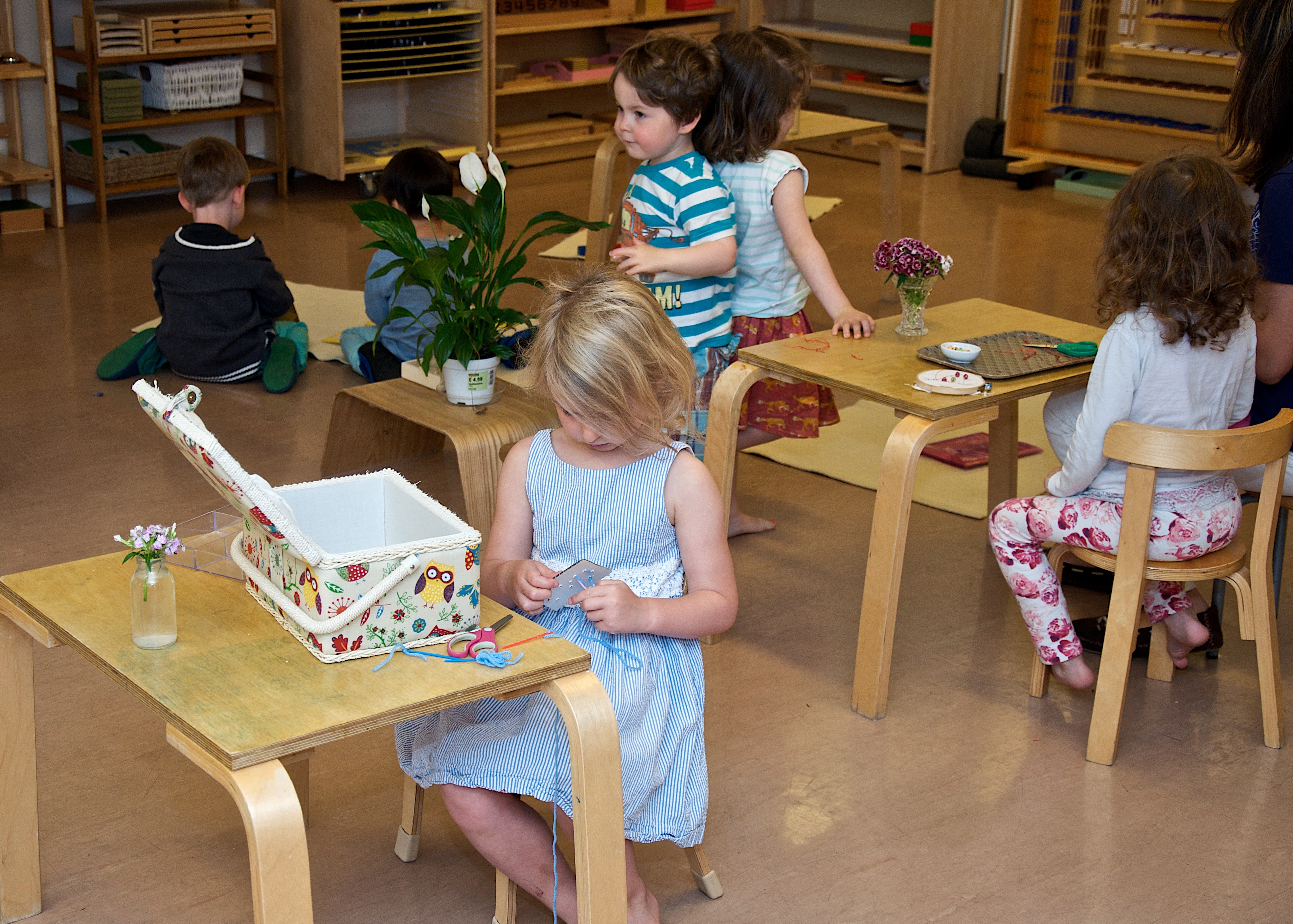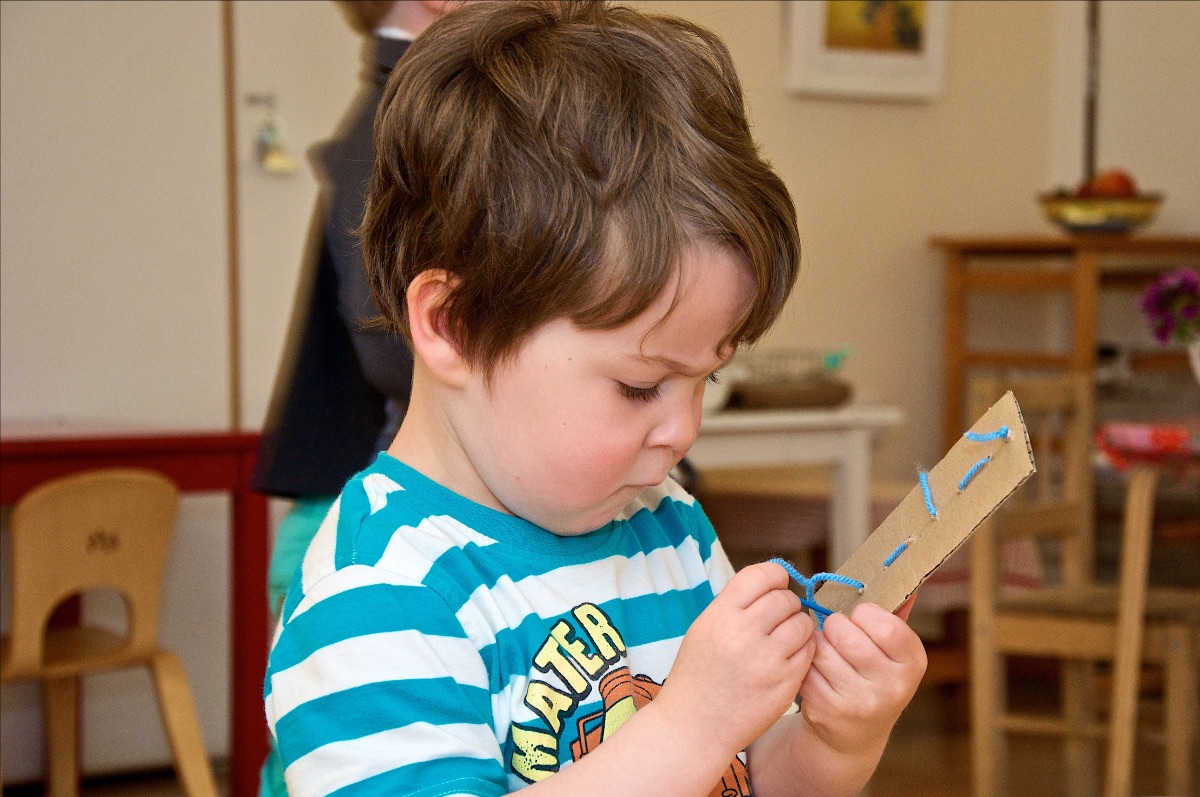The Power of Positive DisciplineParenting can be a rewarding yet challenging journey, filled with moments of joy and frustration. In these moments, our approach to disciplining our children can make a world of difference. Positive discipline is a parenting approach that focuses on nurturing your child's development while maintaining a solid and respectful parent-child relationship. This blog post will explore positive discipline, why it's essential, and practical tools to implement at home. |
|
★★★★★★★★★★★★★★
| So What is Positive Discipline? Positive discipline is an approach that encourages a child's growth through empathy, understanding, and constructive guidance. It emphasises mutual respect, open communication, and teaching children self-control, responsibility, and problem-solving skills. Unlike punitive methods, positive discipline aims to foster cooperation and self-regulation in children, preparing them for a successful future. |
★★★★★★★★★★★★★★
Why is Positive Discipline Important?
1. Builds Strong Relationships: Positive discipline is based on trust, creating a nurturing and loving environment. It builds a strong parent-child connection, enhancing emotional and social development.
2. Teaches Life Skills: It empowers children with problem-solving and conflict-resolution skills, promoting self-regulation and emotional intelligence.
3. Boosts Self-Esteem: Positive discipline boosts self-esteem and self confidence by allowing children to make choices and learn from their mistakes.
4. Encourages Responsibility: Children learn to be accountable for their actions, preparing them for adulthood.
5. Fosters Love of Learning: Positive discipline fosters curiosity and motivation, making children more eager to explore and learn.
|
|
★★★★★★★★★★★★★★
Tips for Implementing Positive Discipline at Home:
1. Effective Communication: Talk to your child calmly and actively listen. Validate their feelings, and encourage them to express themselves. A respectful and open dialogue lays the foundation for positive discipline. For example, "You really want that toy, but we share by taking turns. Would you like to say, "Please may I have a turn?" "
2. Set Clear Expectations: Be clear about your expectations and consequences for actions. This helps children understand boundaries and the impact of their behaviour. For example, “I can’t let you hit me. My safety is important to me. But you can hit a pillow instead.”
3. Natural and Logical Consequences: Instead of harsh punishment, let your child experience their actions' natural or logical consequences. For example, if they spill a glass of water, include them in the clean-up process and perhaps have a child-sized mop or floor cloth kept in a designated place for them to fetch independently.
4. Model Behaviour: Children learn by example. Demonstrate the behaviours you want to see in your child, such as empathy, problem solving, and self-regulation. For example, practice counting to ten, box breathing or taking some space when needed.
5. Encourage Choices: Offer your child choices whenever possible. This empowers them and fosters independence - and even makes the ‘tedious’ things seem fun! For example, “It’s time to get dressed. Would you like to wear your striped jumper or your blue one?” Or "Do you want to waddle like a penguin or hop like a bunny to the car?"
6. Positive Reinforcement: Acknowledge and praise your child's good behaviour and achievements as it motivates them to continue making good choices. However, remember to focus on the process and not the product to encourage intrinsic motivation. For example, describe what you see: "I see a clean floor, shoes on the shelf and your jacket hung up! That's what I call being helpful."
7. Stay Patient and Consistent: Positive discipline takes time and patience. Stay consistent in your approach and reinforce the principles regularly.
Dipti Kanani
Director
Casa Dei Bambini Montessori School




